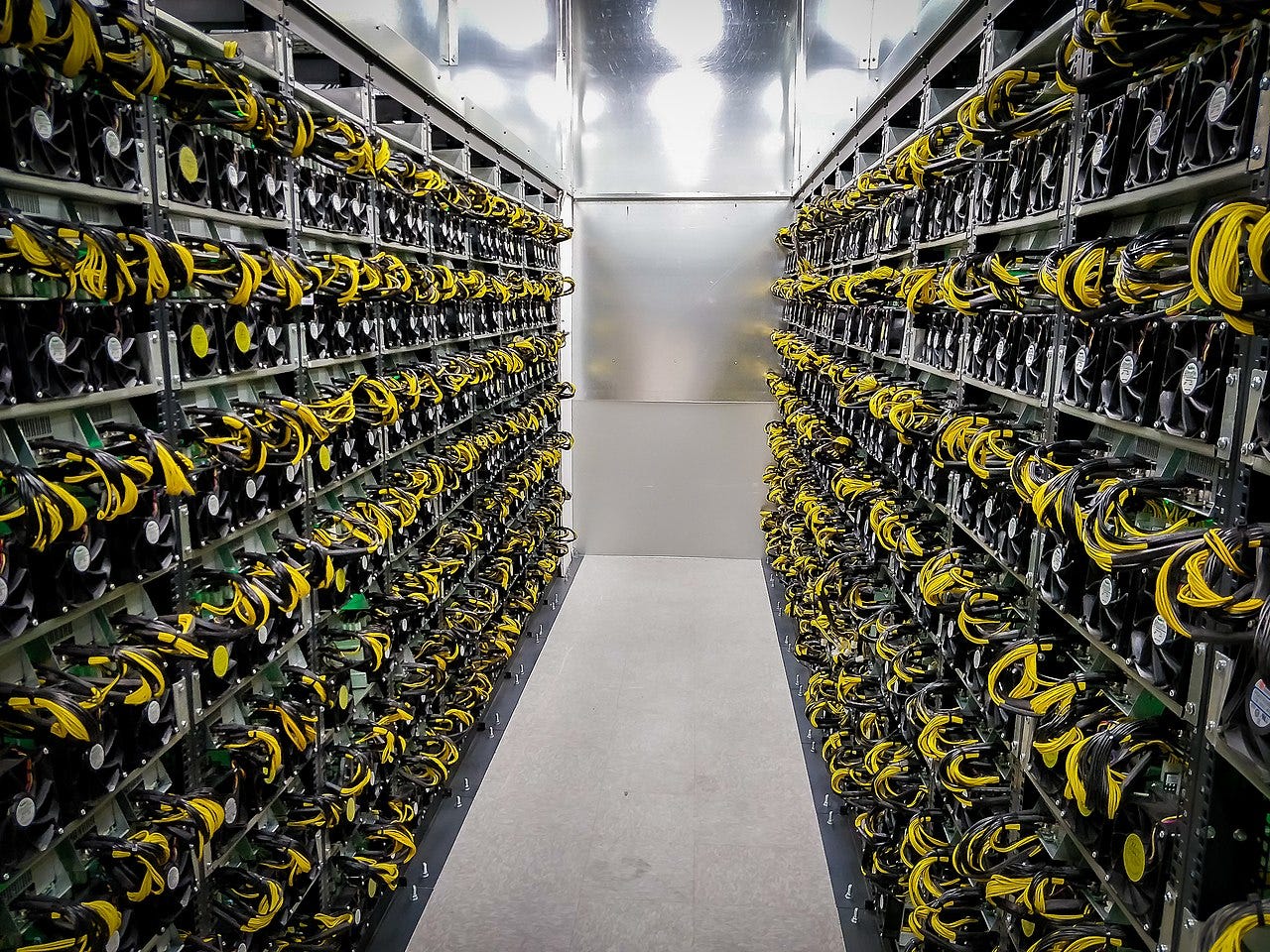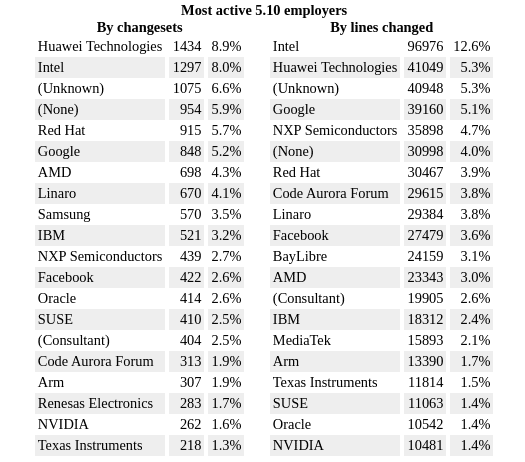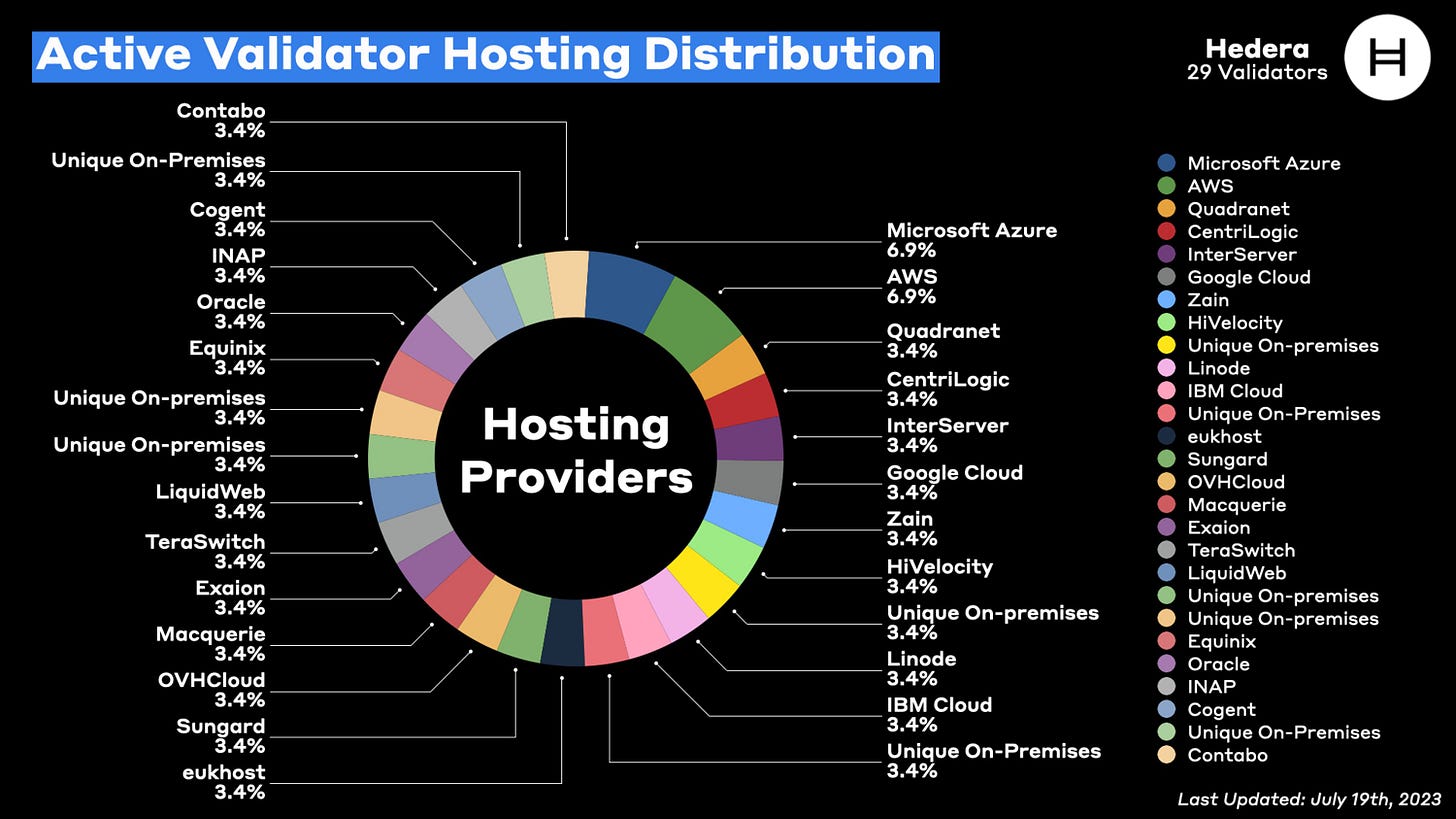Hedera Hashgraph Part 2: Governance and Use Cases
DLT: Hedera
19th August 2024.
Updated 9th July 2025 - Added a chapter about Hederas decentralization process
Hederas codebase is open source. Anyone can download and run a local node of the Hedera hashgraph for private use. If you want to participate in public validation of transactions however, you need to be a member of the Hedera Governing Council.
The Hedera Governing Council
This might be the most controversial aspect of Hederas Architecture. While the DLT community favors permissionless ledgers, where anyone are allowed to become validators, Hedera have decided to form a special council made of large corporations and institutions to perform the validation.
They might switch to permissionless later when the network has grown enough. The reason is for security concerns that if there aren’t enough validators, it could be vulnerable for a hostile takeover.
However in this video, It sounds like Hedera is not planning to transition to a totally permissionless ledger anytime soon:
Note: In an interview (you can see it further down), Leemon did however mention:
“It helps secure the network, especially as we go to permissionless nodes.”
When talking about staking. So the governing council might still be making the decisions, but the validation of transactions might become more open in the future.
I can understand his reasoning. I’m not sure this is the right way to do it, but I’m not sure I have a better solution either. I’ll comment on some of Leemons statements:
00:50: “I want to have this governed by people who are in different countries, under different governments, on different continents and I know who they are.”
I fully endorse the decision of having transparent members. Otherwise, how can you know if multiple member entities aren’t controlled by the same person? What I don’t agree with is that it should mostly be fortune 500 companies involved.
Some of the members, Like Google, have clear conflict of interests. Google earns billions on harvesting personal data. What is their motivation for supporting technology that protects people’s privacy?
03:00 “You can say “Hey, anyone on earth can contribute to our codebase”. But what is ending up happening over time, for most systems, is that you end up with a handful of people with the power”
There might be some truth in there. You can see it in the Bitcoin community. While technically anyone can become a validator, how are you, as an individual, ever going to compete with the big mining rigs? You have to join mining pools to share the profit, but that ultimately also leads to centralization, and can be a security concern.

On the other hand, when checking Linux kernel codebase, the biggest open source project of all time, my perception is that the contributions are quite diverse:

4:30 “I live in a country where the political system is: We know who makes the decisions. It isn’t a king making decisions in a private chamber. It isn’t even a small cabal of people that I don’t know who they are, that are doing it”
05:05: “I’d like to have, you know, perfect human beings that I can trust, and everybody who runs this thing is a 100% trustworthy. But in the real world, the best we can do is good checks and balances with transparency.”
I wonder how effective these checks a balances really are. They may be different industries in different countries, but Blackrock and Vanguard are the biggest shareholders in most of those companies. And we don’t know the owners of Vanguard, who owns the most shares in Blackrock, who together with Vanguard owns the most shares in every major organisation in the world. So there really is a small cabal of people making all the decisions.
That’s why I think it is unwise to only have big corporations running this council. They all have the same interest at heart: To benefit the elite.
Instead of having one council of conglomerates that rules the entire network, maybe there should be more local councils with local businesses? What if you had more local councils from the same geographical region? Obviously that means that the network have to grow to a scale where sharding is necessary.
After rewatching MONOPOLY: Who owns the World, I became a little concerned about Hederas future. The Hashgraph consensus algorithm is perhaps one of the most important technologies ever invented. It would be a disaster for mankind if it became controlled by a small group of people.
I hope I’m just being paranoid. I do however believe that Leemon and Mance have good intentions, but they are mere humans like the rest of us. They may not have thought about this.
Update: Decentralization process of Hedera
Having control of who the validators are have it’s perk. While other decentralized ledgers may be permissionless right from the start, they may end up with the majority of nodes in AWS or Azure anyway. Hedera in contrast are able to micro manage the spread of where the validators are hosted:
They justify this by sayning “Quality over Quantity” and I don’t necessarily disagree as long as they stick to their plan to gradually become more permissionless.
Use cases
While the possibilities for Hedera are virtually infinite, these are the use cases that are presented by Leemon in an interview on Thinking Crypto:
12:00: Hyundai and Kia (both are council members) are developing a system to track carbon emissions for all the parts manufactured. Red flags are showing immediately.
18:00: A more interesting use-case is presented here. Instead of taking a mortgage, a woman tokenized her house on Hedera. Those tokens represents tiny parts of her house which she sold to multiple people. She then pays rent to all those owners of the tokens. This is enabled by Toko
19:00: Baird says that CBDC’s, while the possibility exists, they will most likely run on a ledger controlled by the central banks.
22:00: Shinhan Bank in South Korea is using the Hedera network to convert fiat money into stable coins, to be sent from bank to bank, across countries. The benefit of this is obviously the increased speed and lower costs of doing overseas transactions. Of course, you could achieve the same with any crypto currency, but I guess this is an effort from the banks to stay relevant.
Dropp is a crypto wallet designed for everyday transactions between people. It can even integrate with your fiat bank account (at least if you live in the US). With it’s speed and super low cost, thanks to Hedera, it has a a huge advantage over other mobile payment services.
Avery Dennison, whose use case probably are responsible for the majority of transactions today, are using Hedera for supply-chain tracking, where they track billions of items.
In the end of the interview, he get an additional question about the more concerning aspects of CBDC. Leemon replies:
"We have a potential utopia as our future, but guess what? We also have a potential dystopia as our future. We have got to be working to make sure we end up on the good future, not the bad future."
He then talks about privacy issues we have today, and that they will probably get worse before they get better, and ends with:
"We need to educate ourselves, and then we need to educate those in power, [and] we need to educate people in the media. We need to be having people understand this new scary thing, which is ledgers, and help them understand the real potential of it."
I agree. Just because some people might be using the technology for questionable use-cases, it doesn't mean we should just abandon it. We need to embrace this technology and focus on finding ways to use DLT technology for the benefit of humanity, otherwise someone else will use it against us.



